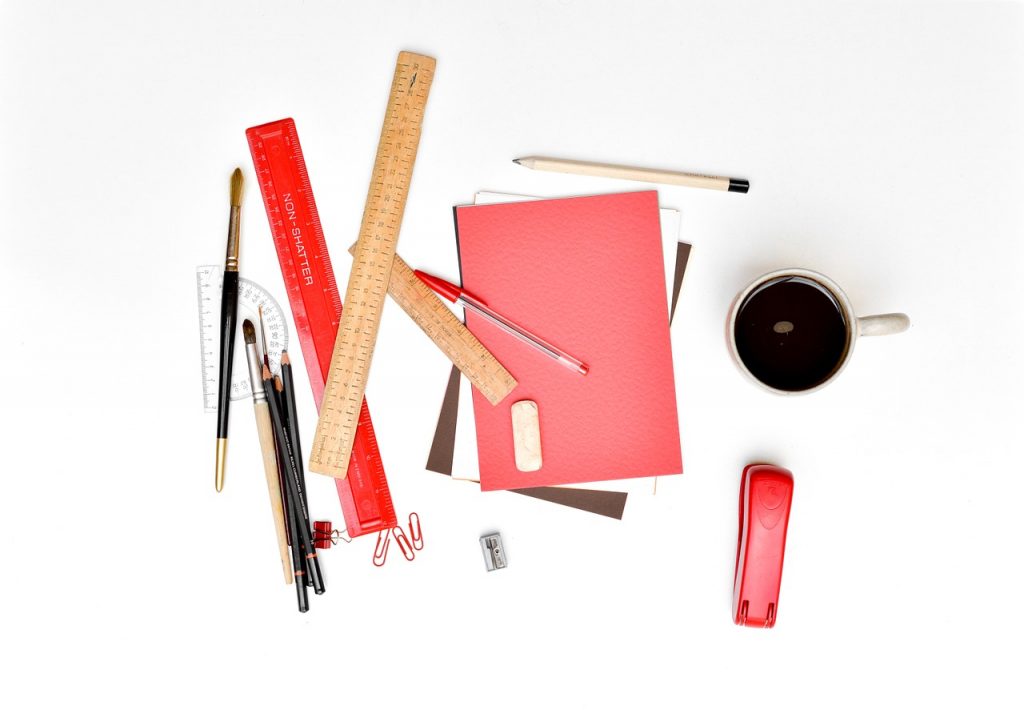Boost Your Brainpower
Many different factors affect how well we learn. While we can’t control all of these factors, there are many that we can. Below are 10 things we can do to help our brains work better.

1. Eat healthy foods
The fuel for the brain comes from the calories in the food we eat. In fact, 20% of the calories we eat are used by our brain. Not all calories are equally good for your brain. Canada’s Food Guide explains how to make healthy choices. Research suggests that some foods might be especially good for memory and concentration, such as egg yolk, whole grains, nuts, fish, dark green leafy vegetables, beans, strawberries, and blueberries.
2. Drink enough water
The brain is more than 70% water. If we don’t drink enough water, it affects our concentration. We need around six to eight glasses of non-sugary, non-alcoholic fluid each day. Research suggests that the brain does not do well with sudden rushes of sugar, so sweet fizzy drinks do not really help your brain.
3. Get oxygen to your brain
Oxygen is carried to your brain by your blood. When you move your body, your blood flow increases and your brain gets more oxygen. Going for a walk, a run, or a bike ride really helps get oxygen to your brain. Taking deep breaths and stretching also helps.

4. Rest
Getting enough rest boosts our mood and helps us concentrate. What’s more, when we are asleep, the brain practices what we were doing during the day. We actually learn in our sleep. If you have a hard time falling asleep at night, try listening to gentle music, thinking positive thoughts, or reading something funny to relax you. Avoid video games and exciting TV shows in the hour before bedtime.
5. Manage your stress levels
It can be hard not to feel stressed out by schoolwork that we find challenging. Stress stops the brain from working at its best. Some people find it helpful to imagine a beautiful box. When it’s time to focus on schoolwork, imagine putting all the things that stress you into that box. Imagine a place where you put the box away until you have time to deal with what’s inside.
6. Organize yourself
Being organized helps you decide how to use your time well. Use a day planner or calendar to keep track of important times and dates. This will help you plan ahead, set priorities, be on time, and meet deadlines. Make to-do lists every week and set goals for when you will finish each thing on your list.
7. Challenge yourself
Your brain likes to try new things. Trying new things makes dopamine in your brain. Dopamine helps you feel excited and satisfied. Try listening to music that’s different from what you normally listen to. Cook something you’ve never cooked before. Learn the words to a song. Taste something you’ve never tasted before. Start a new hobby or sport. Go to an art gallery.
8. Motivate yourself
Whenever you cross something off your to-do list, feel proud of yourself. You might reward yourself, too. Do something you enjoy like watching a TV show, talking to a friend on the phone, eating a treat, or taking a rest. Also, practice positive self-talk. When you make a mistake, try thinking “how fascinating!” instead of “well, that was stupid!” This will help you stay motivated.

9. Create an environment where you work well
Try changing the environment you work in to see what feels best. Many people work better in light from a window. Temperature can also make a difference. A room that is too warm might make you feel sleepy. Lots of people find it easier to concentrate in rooms that are tidy. Some people find it helpful to listen to music while they study. Others prefer silence. Finally, get rid of any distractions. Turn off your cellphone. Let people in your home know that you need to be left alone.
10. Involve your senses
The brain takes in information through the senses. Your brain will have an easier time focusing and remembering when vision, hearing, smell, touch, and taste are involved. Use your vision to help you learn by imagining what you read — like a movie in your mind. This is called visualizing. Highlight and underline important information. When you take notes, use different colours. Make charts, mind maps, flashcards, and diagrams, or draw pictures. Use your hearing to help you learn by reading out loud. Explain the new information to a friend and talk about it. Use your sense of taste by chewing gum while you learn. Use your sense of touch by holding a stress ball or smooth stone while you study.
Attributions
Vegetables
Image by condesign is in the public domain.
Resting
Image by mikuratv is in the public domain.
Office supplies
Image by stokpic is in the public domain.

